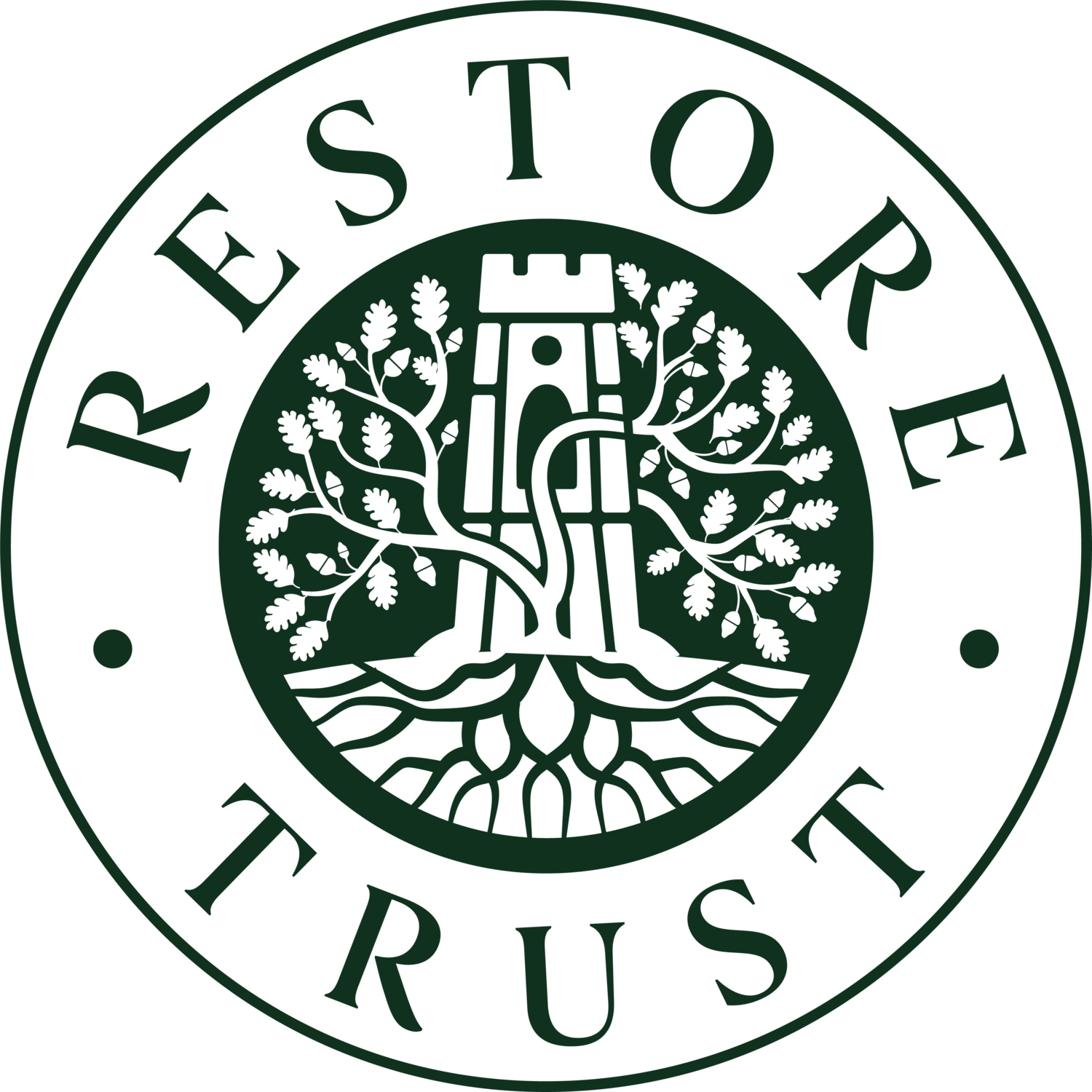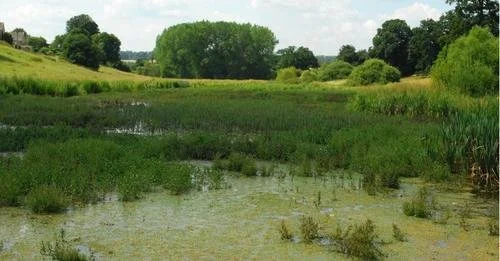There’s a right way and a wrong way to re-wild. If only the National Trust understood
Clive Aslet writes in the Telegraph,
In fact there is no natural condition for countryside, and there hasn’t been for centuries
Sherborne Brook has been turned into a swamp through neglect
There is yet another rumpus brewing over the National Trust. Readers will no doubt say that there always is. But this one is being stirred up by a group you would normally expect to be on the Trust’s side – walkers of footpaths. They tend to be a radical lot, who make hell for any private individual who wants to divert a path away from his home.
Rambling may sound like a harmless Old Moley kind of activity but not as personified by the Ramblers Association, whose members are footpath fundamentalists, hard-wired to oppose any change to the network of public rights of way – all 140,000 miles of it. But they tend also to be pro rewilding, as long as they can get access to the land concerned. And the National Trust is a rewilder, in all but name (instead it talks about nature recovery, repair and restoration, while meaning much the same thing). But here it is, wanting to move footpaths! Hoist the storm cones.
One of the footpaths leads to Cuckmere Haven in Sussex, past some of the most famous river meanders and oxbow lakes in Britain. This area has been a source of contention for some time. Rather than maintaining the river, the Trust would like to allow it to flood naturally – a dismal prospect for local residents who would rather look out onto a celebrated geographical feature than the bleakness of a perhaps smelly mudflat. Walkers are being offered an alternative footpath, but that’s used by cyclists – the natural enemy, of course, to all pedestrians.
Another footpath is in Cornwall, where so many walkers are now thronging to Pedn Vounder beach because of Poldark. Boots, boots, boots have been pounding along the clifftop – oblivious to the action of the sea at the base of the cliff, which means that the path has been undercut. Because we are no longer a nation of risk-takers, able to weigh up the chances of a cliff tumbling into the sea when we walk along it and accepting the consequences with a stiff upper lip if the worst happens, the Trust has closed the path in case it gets sued.
The examples point in opposite directions. At Cuckmere Haven, the Trust wants to stop conventional management and let the sea take over. This will create a new habitat for wetland birds, but an eyesore for people who like a Sunday afternoon stroll by the lazily looping Cuckmere River. In Cornwall, they are taking an interventionist position – closing a footpath because of a legal threat.
This doesn’t seem quite consistent to me but perhaps it illustrates how many forces there are at play in the countryside. Rewilding means different things to different people, but the term itself is flawed. Nothing is truly untouched by human hand in this country and this has been the case for many centuries. Society would not want to allow swathes of country to genuinely be left to its own devices. Nobody would want to see starving animals, which would be one inevitable result, any more than walkers on footpaths falling into the sea.
A better approach is that practised by the Wilderness Reserve in Suffolk. Jon Hunt, the owner of Heveningham Hall, has assembled a 6,000 acre estate managed for wildlife – they have so far recorded 153 species of birds, 33 mammals and 736 moths (who knew there could be so many?)
All this delights the guests who stay in the old farmhouses and cottages that came with the former farmland, all beautifully restored and decorated. Renting them out generates the income that supports the whole enterprise. That’s not rewilding but the creation of an entirely new and beautiful resource for Nature. If only the National Trust would follow suit.


